How Couples Therapy Helps in Addiction Recovery: A Guide by Couples Rehabs in Orange County
Addiction recovery is a challenging journey, not only for the individual suffering from substance abuse but also for their loved ones. For couples, addiction can put immense strain on the relationship, leading to issues such as communication breakdowns, loss of trust, and emotional distance. At Couples Rehabs in Orange County, we understand that overcoming addiction is a collective effort, and couples therapy plays a pivotal role in helping both partners heal together.
Couples therapy, integrated into addiction recovery programs, offers a unique approach where both individuals can work on their personal challenges while simultaneously strengthening their relationship. This dual focus creates a supportive environment that fosters emotional resilience, effective communication, and mutual accountability—essential elements for lasting sobriety.
In this article, we’ll explore how couples therapy can be a powerful tool in addiction recovery and how Couples Rehabs in Orange County provides comprehensive services to help couples overcome addiction together.
Section 1: Understanding Addiction and Its Impact on Relationships
What Is Addiction?
Addiction is a chronic disease characterized by the inability to stop using a substance despite its harmful consequences. It affects both the brain and behavior, making it difficult for individuals to resist cravings and relapse into substance use. For couples, addiction doesn’t just impact the person using drugs or alcohol—it permeates the entire relationship, often resulting in emotional and psychological distress for both partners.
How Addiction Affects Relationships
Substance abuse within a relationship can create a toxic environment where both partners experience a range of negative emotions, such as guilt, shame, anger, and frustration. Common challenges couples face in addiction include:
- Broken Trust: Addiction often leads to lies and secrecy, breaking down trust between partners.
- Communication Problems: Addiction can erode open, honest communication, leading to misunderstandings and arguments.
- Emotional Distance: Substance abuse can create emotional barriers, leaving the sober partner feeling isolated and neglected.
- Financial Stress: The cost of addiction can place financial strain on the relationship, leading to further conflict.
At Couples Rehabs in Orange County, we recognize the deep impact addiction has on relationships and focus on helping couples rebuild trust, restore communication, and support each other on the path to recovery.
Section 2: The Benefits of Couples Therapy in Addiction Recovery
What Is Couples Therapy?
Couples therapy is a type of psychotherapy designed to help partners improve their relationship by addressing specific challenges, such as communication issues, conflict resolution, and emotional support. In the context of addiction recovery, couples therapy helps both individuals develop the tools and strategies needed to maintain a healthy, sober relationship.
How Couples Therapy Supports Addiction Recovery
Couples therapy has been proven to be highly effective in supporting addiction recovery. By focusing on the relationship as a unit, couples can work through the emotional damage caused by addiction while learning how to support each other during the recovery process. Here are some key benefits:
- Improved Communication: Couples therapy teaches effective communication techniques, helping partners express their feelings and needs without blame or anger.
- Strengthened Emotional Connection: By addressing underlying emotional issues, couples therapy fosters a deeper connection, which can be a source of strength during recovery.
- Mutual Accountability: Couples can hold each other accountable for maintaining sobriety, creating a supportive environment for long-term recovery.
- Conflict Resolution: Therapy helps couples develop conflict resolution skills, reducing the likelihood of arguments and misunderstandings that can lead to relapse.
At Couples Rehabs in Orange County, our therapists specialize in addiction-focused couples therapy, guiding couples through the recovery process with empathy, expertise, and a commitment to lasting healing.
Section 3: Specific Services Offered by Couples Rehabs in Orange County
At Couples Rehabs, we provide a range of tailored services to help couples navigate addiction recovery together. Our comprehensive programs are designed to address the unique challenges that couples face when one or both partners are struggling with substance abuse.
1. Couples Detox Programs
Detoxification is the first step in addiction recovery, and we offer couples the opportunity to undergo detox together in a safe, medically supervised environment. Our detox programs focus on helping both individuals manage withdrawal symptoms while providing emotional support for each other.
2. Inpatient Treatment for Couples
Our inpatient rehab programs provide intensive, around-the-clock care for couples who need to focus on their recovery away from external distractions. This program includes individual and couples therapy sessions, group therapy, and holistic treatments designed to promote emotional and physical well-being.
3. Outpatient Programs for Couples
For couples who need flexibility, our outpatient programs allow them to continue their daily lives while receiving structured therapy sessions. Outpatient care is ideal for those who have completed inpatient treatment but still need ongoing support.
4. Couples Counseling Sessions
Our couples counseling services focus on helping partners rebuild trust, improve communication, and work through the emotional impact of addiction. These sessions are led by licensed therapists who specialize in addiction and relationship therapy.
5. Relapse Prevention Programs
At Couples Rehabs in Orange County, we emphasize the importance of relapse prevention. Our programs teach couples how to recognize triggers, develop coping strategies, and maintain sobriety together.
6. Aftercare and Ongoing Support
Recovery is a lifelong journey, and we provide aftercare services to help couples stay on track. Our aftercare programs include continued counseling, support groups, and access to resources that promote long-term sobriety.
Section 4: How Couples Therapy Addresses Common Challenges in Addiction Recovery
Rebuilding Trust After Addiction
Trust is often one of the first casualties of addiction. Lies, deceit, and broken promises can create deep wounds in a relationship. Couples therapy helps partners rebuild trust by fostering open communication, honesty, and transparency. Through guided discussions and exercises, couples learn how to be vulnerable with each other again, laying the foundation for a healthier, more trusting relationship.
Managing Emotional Triggers
Addiction recovery is often accompanied by emotional triggers that can lead to relapse. Couples therapy helps both partners identify these triggers and develop coping mechanisms to manage them effectively. By working together, couples can create a supportive environment that reduces the risk of relapse.
Strengthening Emotional Bonds
Addiction can create emotional distance between partners, leading to feelings of isolation and resentment. Couples therapy helps rekindle emotional intimacy by encouraging partners to express their feelings, needs, and fears openly. Strengthening these emotional bonds can provide the motivation needed to stay committed to recovery.

Section 5: The Role of Family in Couples Addiction Recovery
At Couples Rehabs in Orange County, we recognize that family dynamics play a crucial role in addiction recovery. Many of our programs include family therapy sessions, where couples and their loved ones can work together to heal the damage caused by addiction. These sessions provide a safe space for open communication and help family members understand the recovery process.
Section 6: The Path to Lasting Recovery with Couples Rehabs
Recovery is a challenging journey, but with the right support, couples can overcome addiction and build a stronger, healthier relationship. At Couples Rehabs in Orange County, we are committed to helping couples navigate this journey together. Our comprehensive addiction recovery programs are designed to meet the unique needs of each couple, offering personalized care that promotes healing, trust, and emotional resilience.
Frequently Asked Questions (FAQs)
1. How does couples therapy help with addiction recovery?
Couples therapy helps by improving communication, rebuilding trust, and providing mutual support, all of which are essential for a successful recovery.
2. Can both partners be treated for addiction at the same time?
Yes, Couples Rehabs in Orange County offers programs where both partners can receive treatment simultaneously, allowing them to support each other throughout the recovery process.
3. What is the difference between inpatient and outpatient treatment for couples?
Inpatient treatment provides 24/7 care in a residential setting, while outpatient treatment allows couples to attend therapy sessions while continuing their daily lives.
4. How can couples prevent relapse after completing rehab?
Couples can prevent relapse by participating in relapse prevention programs, maintaining open communication, and holding each other accountable for staying sober.
5. Does couples therapy address underlying relationship issues?
Yes, couples therapy focuses on addressing both addiction-related and relationship-specific issues, helping partners rebuild a strong, healthy bond.
6. How long does couples therapy last in addiction recovery?
The duration of couples therapy varies depending on the needs of the couple, but it typically lasts throughout the recovery process and beyond.
7. Is couples therapy effective for preventing relapse?
Yes, studies show that couples who participate in therapy together are more likely to maintain long-term sobriety compared to those who do not engage in therapy.
8. Can couples therapy help if only one partner is struggling with addiction?
Yes, even if only one partner is facing addiction, couples therapy can help both individuals understand the challenges of recovery and provide mutual support.
9. Are there aftercare programs for couples who complete addiction treatment?
Yes, Couples Rehabs in Orange County offers aftercare programs that provide ongoing support to help couples maintain sobriety after completing treatment.
10. How do I get started with couples therapy for addiction recovery?
To get started, contact Couples Rehabs in Orange County for a consultation. We’ll assess your unique needs and create a tailored recovery plan for you and your partner.
Conclusion: Heal Together with Couples Rehabs in Orange County
Addiction recovery is not just an individual journey—it’s a shared experience that can strengthen the bond between partners. At Couples Rehabs in Orange County, we believe that couples therapy is a powerful tool for healing, providing the support, understanding, and communication needed to overcome addiction together. Whether you’re starting your recovery journey or seeking continued support, our team is here to guide you every step of the way.
If you and your partner are ready to take the next step towards recovery, contact Couples Rehabs in Orange County today to learn more about our specialized couples therapy programs. Let us help you heal together, for a brighter, sober future.

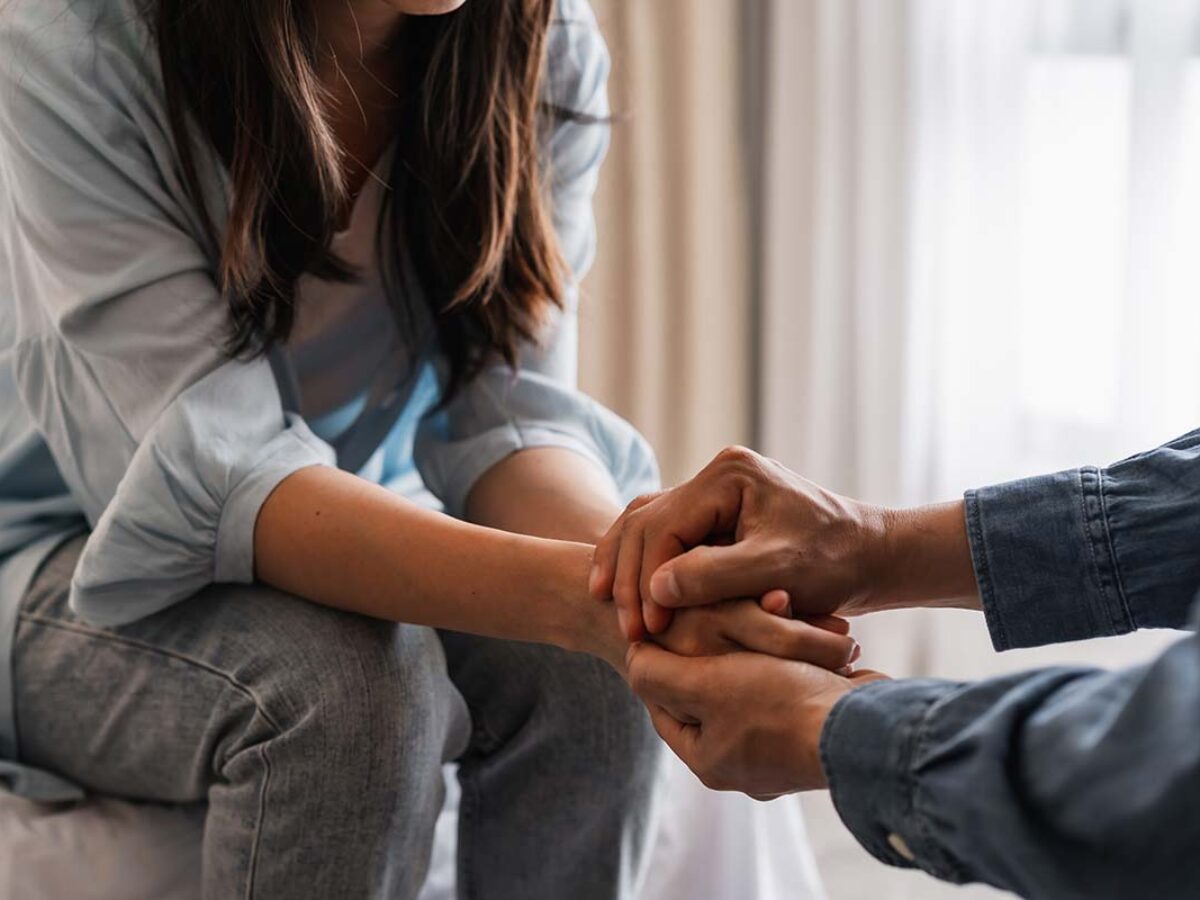


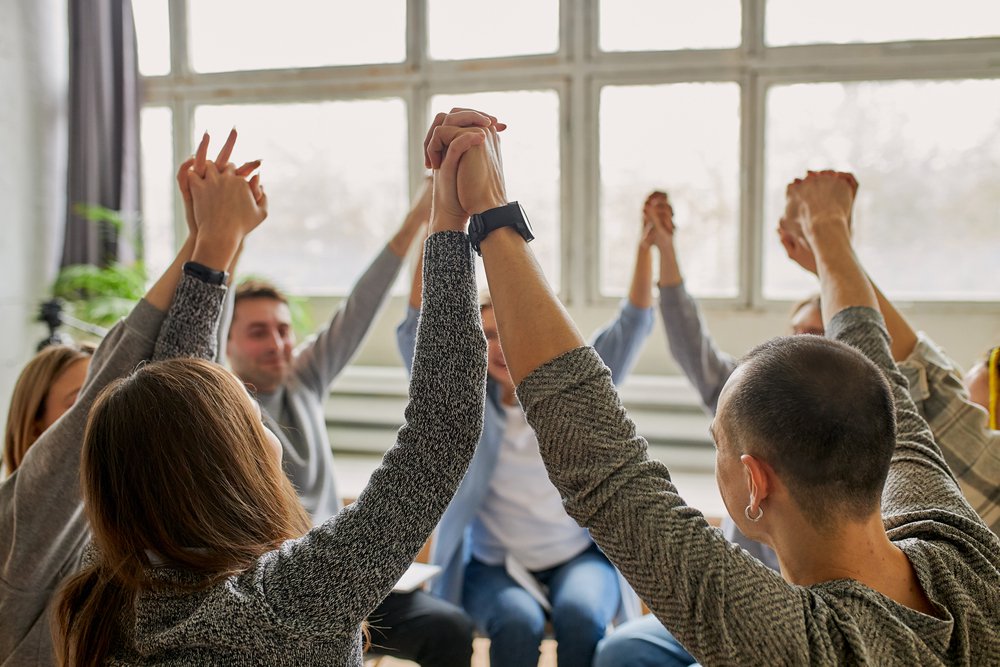


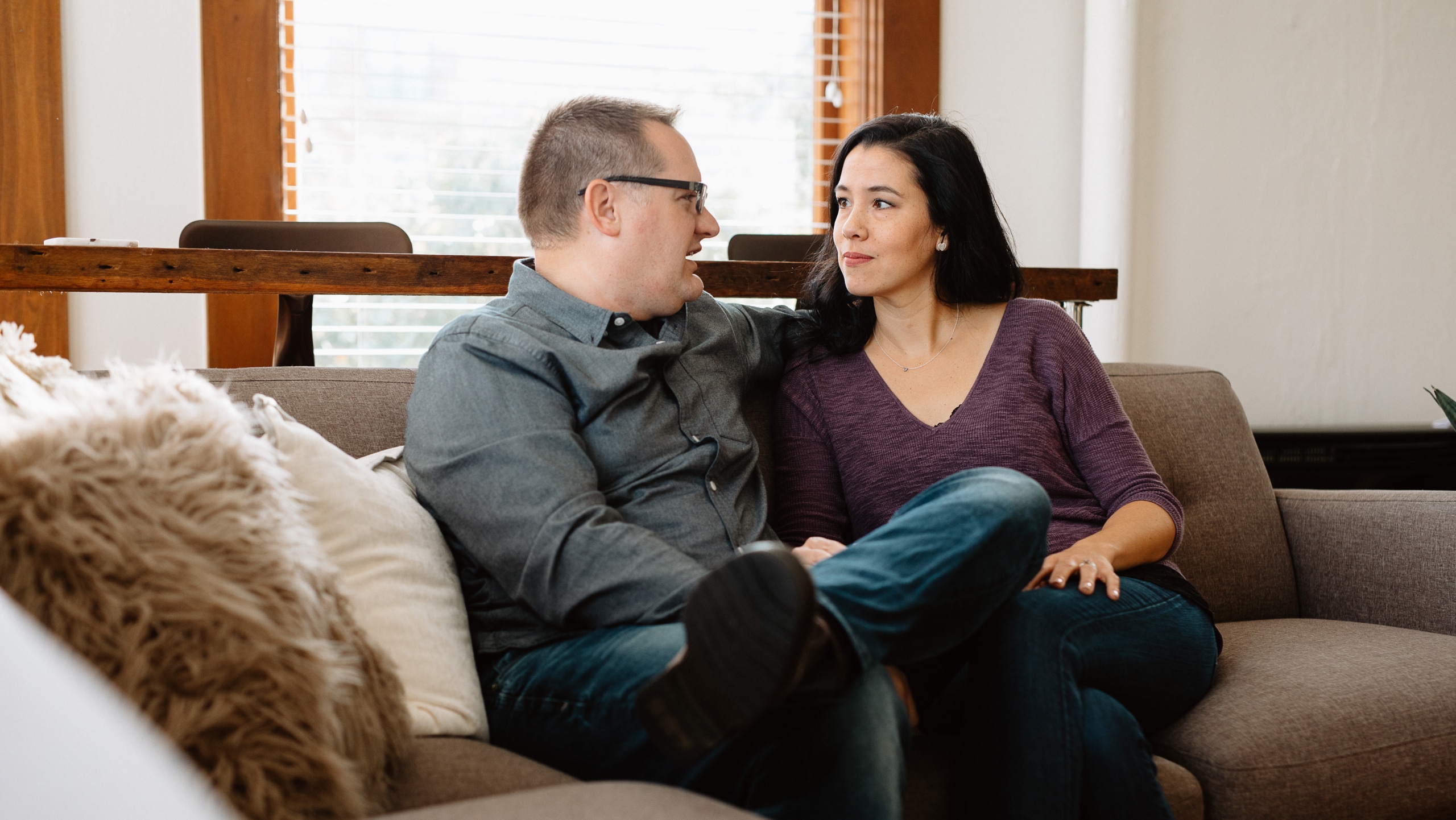
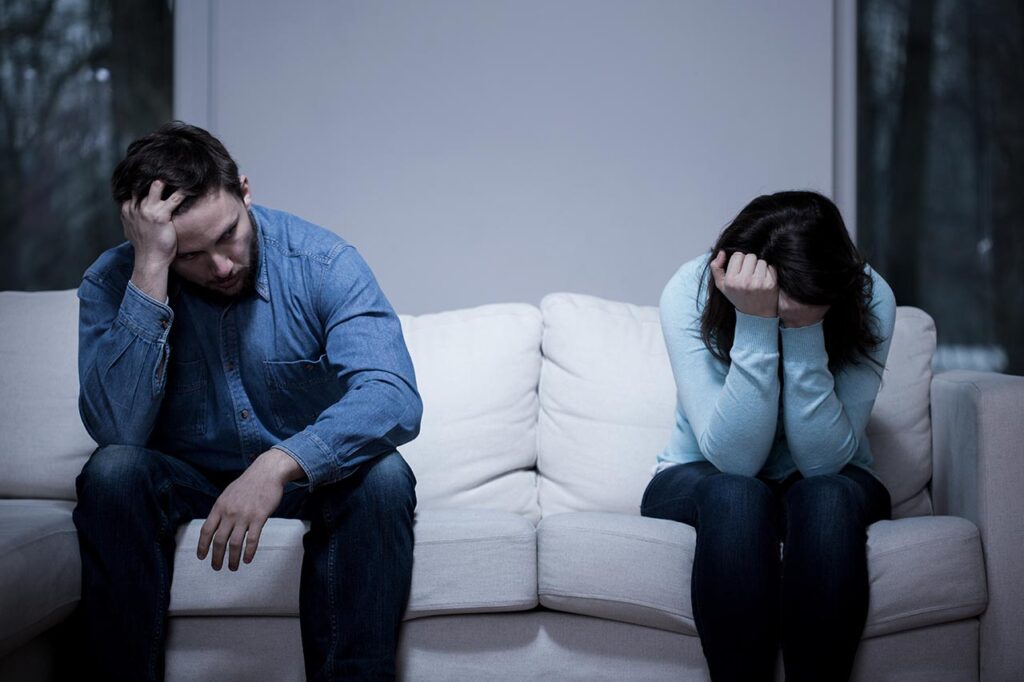


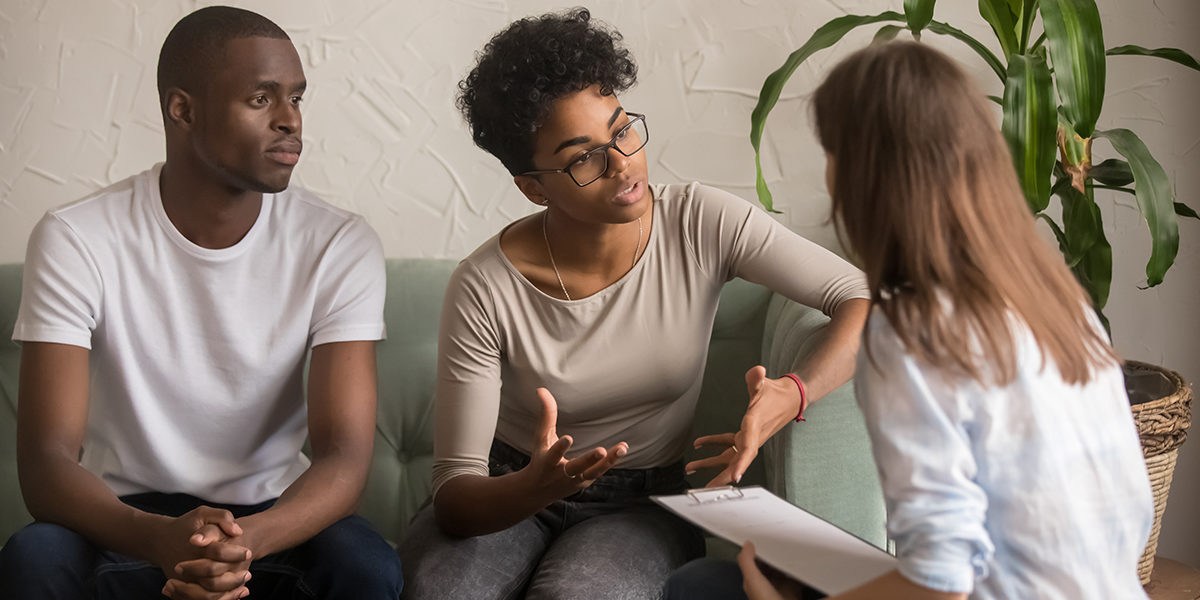


Recent Comments